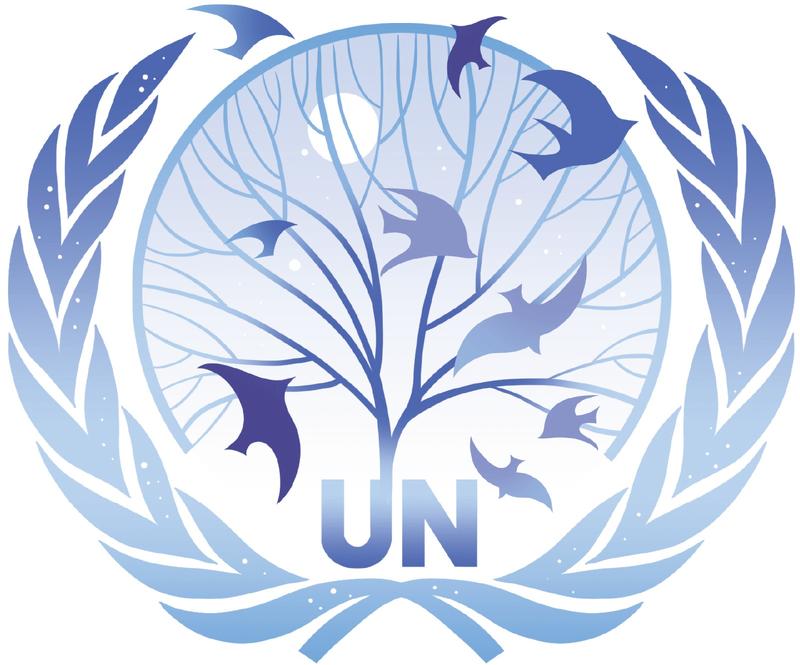 (LI MIN / CHINA DAILY)
(LI MIN / CHINA DAILY)
The COVID-19 pandemic will make it more difficult for countries across the world to eliminate absolute poverty, ensure food security and provide healthcare for the people, although some global problems such as lack of food security and adequate public healthcare can be attributed to uneven global development.
Unbalanced economic development has also created structural, institutional and value-related dilemmas for global governance. Value-based global governance is required to facilitate balanced global development. There are still huge inequalities and irrationalities in areas such as poverty alleviation, healthcare and food security in the world, which can be corrected only through strengthening global governance and improving domestic governance. As such, the global governance system needs to change from a hierarchical to a shared system.
The UN has been playing an irreplaceable role in global governance despite facing numerous challenges, and by deepening the UN’s reform and strengthening its functions, the world will make the world body more efficient and effective in terms of global governance
Global governance is based on certain uniform values. And a "clash of values" based on ideologies often leads to a lack of action.
Therefore, countries have to abandon nationalism and self-centrism in order to reach a value-based consensus on global governance and promote globalism. The global governance dilemma is reflected in the slow development of and a weak global governance mechanism, reluctance of sovereign states to commit to specific global rules and norms, and the lack of global governance leadership that can help ensure food security, poverty eradication and basic healthcare, thus complicating and perpetuating the global problems.
To alleviate poverty, ensure food security and public health, and establish a strong global governance mechanism, the international community needs to strengthen the existing global mechanisms, promote intergovernmental cooperation, and allow global organizations to play a leading role in devising international rules.
The United Nations Millennium Development Goals and Sustained Development Goals are aimed at building a fairer, healthier and a more equitable human society and promoting balanced development, and thus serve the global development cause. To achieve these goals and improve the existing governance mechanisms, it is necessary to further strengthen the UN, so countries can adapt to the changing global political realities and the UN can play a bigger role in global governance.
First, a consensus should be reached on global governance based on the people-first philosophy. There is a lack of consensus on global governance because some countries tend to amplify the contradiction between "state" and "humankind" and between "security" and "development" while ignoring the similarities. The concept of "humankind" is centered on basic values and needs, and focuses on human dignity and social justice.
In areas such as public health governance, if there is no conceptual framework based on humankind as a whole beyond the national boundaries, and if big countries continue to play geopolitical and zero-sum games, the relatively stable global political and economic order would face the risk of collapse.
There is a need therefore to establish an international community based on a shared future, a community that will act as one to tackle common crises. Since there is a relation between security and crisis, information on non-traditional security and development should be shared and managed by all countries. And the UN needs to continue to promote people-centric governance while keeping in mind the interests of all countries and put more emphasis on the protection of the people.
Second, the role of the UN should be strengthened to ensure it play a leading role in dealing with existing and emerging difficulties. To build a more equitable global community, international norms related to sovereignty should be strengthened to give full play to the UN in promoting global governance.
The UN has been playing an irreplaceable role in global governance despite facing numerous challenges, and by deepening the UN's reform and strengthening its functions, the world will make the world body more efficient and effective in terms of global governance.
Third, emerging countries should be equitably represented in any global governance mechanism, as their larger presence would reflect the fairness of global governance while the developed countries need to be more open when it comes to dealing with their developing counterparts, so as to improve the existing global governance system.
Moreover, the larger participation of emerging powers in global governance is aimed at improving the existing global governance system, not building a new one.
More important, the international community should pay greater attention to emerging countries, especially China, because countries like China, thanks to their contributions to global economic growth and international cooperation have helped improve the global governance system. Only when China, the United States and the European Union participate in global governance in a more balanced way can the common interests of the world be maximized.
Li Jia is an associate professor at the School of International Studies, Zhejiang University; and Li Yuan is a professor at the same school.
The views don't necessarily reflect those of China Daily.


